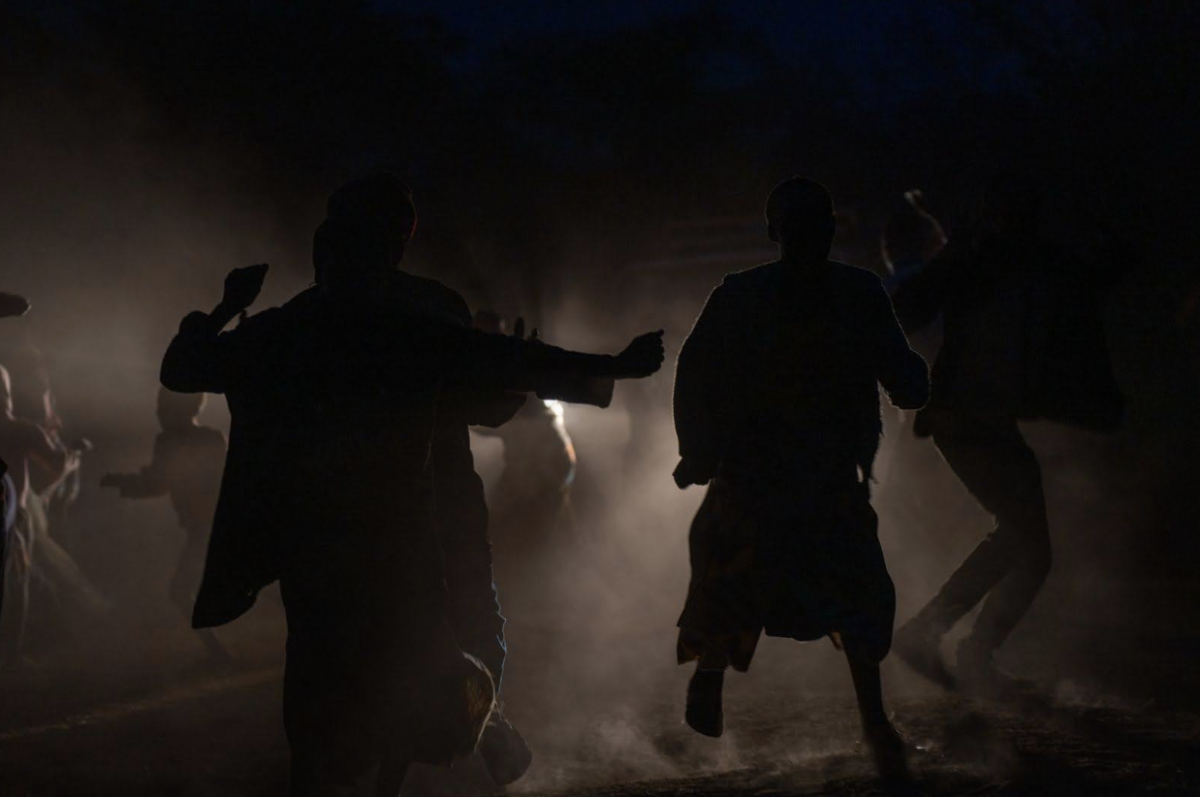
In 2015, three Seattle University faculty members by the name of Henry Louie, Steve Sabia and Jenna Isakson founded KiloWatts for Humanity (KWH). The non-profit organization provides first-time access to electrification where it is needed most. The KWH journey started as a small project in Zambia and Kenya.
“We had been working primarily in Zambia but other places like Kenya, providing electricity, mostly small scale, using some solar, wind, and even hand cranking generators,” Louie, co-founder and president of KWH, said.
KWH worked under the Seattle U umbrella for the initial phase of their launch, though eventually, these projects became too large and complex leading KWH to branch out on their own.
“We really have done nothing but grow since. In 2015, we did our first project in a community called Filibaba, Zambia. We feel that we have a great methodology and approach to how we do things.”
While KWH brings a focus of electricity to these communities, a big part of the work focuses on community building. “We talk about how we can add to the work they’re doing there. We talk about programs, what energy kiosks are, but really to think how that fits with the needs of the community,” Mike Buffo, secretary for KWH, said.
In Cheeba, Zambia, the kiosk, which was built in 2019, now employs two people and is currently owned by the Lower Kafue Women’s group. The kiosk offers cell phone charging stations, a grocery store and a barbershop.
“People want to have barbershops, hair salons, sewing machines, chicken incubation, carpentry and metal fabrication shops,” Louie said, speaking to the demand for electricity in these areas. “These are the services that seem to work well and are in high demand in these communities.”
On top of that the kiosks help bring light to young students who were previously using toxic kerosene lamps to do homework. A recent study by the United Nations showed that 1.18 billion people suffer from energy poverty, an afterthought here in the United States.
“The funnest moment is when the lights come on,” Louie said. “It’s where there hadn’t been light before, if you were there the day before and at night, it’s dark. Some people have candles or phone flashlights but it is dark in a way that coming from a city, you don’t appreciate that, then to see the lights there, it’s amazing.”
From Seattle to Zambia, KWH has helped connect people. Volunteer and Director of Study Abroad at Seattle U Kirsti Ruud traveled to Zambia in the summer of 2024. Upon arriving, Ruud was able to connect with a women-led focus group.
“This group of women had already received a kiosk, and Caritas Monze facilitated a focus group with the women to hear about their life, to learn more about them and what’s important to their community,” Ruud said. “There is collective energy in the group meetings, that is almost indescribable. It’s so different from what I experience here in the United States. There is a collective mentality.”
KWH is a volunteer-run organization, and all members are volunteers, including Louie and Buffo. This is just one of the many challenges that KWH is currently facing, though the biggest one is addressing the massive need for electricity in these regions.
“We have quite a lineup of pipeline communities to work with. There’s annual fundraising needs, and then volunteer capacity. It’s a large organizational project for all parties involved,” Buffo said.
Yet, KWH continues to strive to be intentional about implementing kiosks with the funds that are available.
“We do work when it’s meaningful and needed, not because we’re cranking a wheel and it’s just churning out,” Louie said. “We’re going to be thoughtful and intentional. We can go at a pace that’s appropriate, not only for us, but for communities.”
While the work of KWH is community-centered, Louie and Buffo recognize that it can be seen as though the organization is taking a “savior” approach. The collaboration with community organizers is something that was addressed right away for volunteers.
“In our first orientation, it was very comprehensive, it included not just health, and safety considerations, but also just the philosophy and ethos of KWH, like even naming the need to combat white saviorism, and that was very important to everyone,” Ruud said.
KWH has now helped build six solar kiosks in different communities across Zambia and Kenya. When the kiosks are complete, it becomes a celebration of community.
“When they turn on the lights at night, and you can see the look on everyone’s face. That moment is pretty special. Things are different in this community from this day forward,” Louie said.
Louie hopes this work inspires people to make a difference in the world.
“You know you can chase the dollars, but really, at the end of your life when you’re reflecting on what you’ve done, I think you want to be able to say I really work to try to make people’s lives better, to try to make this world a better place. Think about the impact for the job that you choose,” he said.
KWH is currently working on the construction of two more kiosks in Hambelele and Dengeza in Zambia, and will host their annual fundraiser in the spring of 2025.







